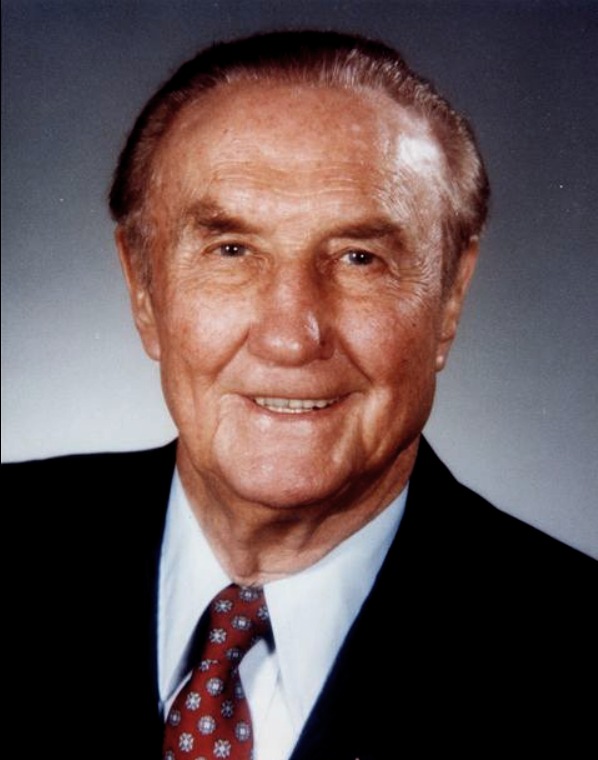On August 28, 1957, Senator Strom Thurmond of South Carolina began what would become the longest one-man filibuster in U.S. Senate history. Furious at the prospect of federal civil rights legislation, Thurmond took the floor at 8:54 p.m. and vowed to speak for as long as possible in an attempt to block the Civil Rights Act of 1957.
For more than 24 hours, Thurmond read aloud from the Declaration of Independence, the Bill of Rights, and George Washington’s Farewell Address. He even recited recipes and telephone books to stretch out his time. To prepare, Thurmond had taken steam baths earlier in the day to dehydrate himself so that he could drink water sparingly and limit restroom breaks. His determination reflected the lengths some segregationist senators would go to resist federal action on civil rights.
Finally, on August 29 at 9:12 p.m., after 24 hours and 18 minutes, Thurmond yielded the floor. His effort did not change the outcome: the Senate passed the Civil Rights Act, the first major civil rights legislation since Reconstruction. The bill itself was modest, it mainly strengthened voting rights enforcement, but Thurmond’s speech symbolized the fierce opposition the movement faced.
Decades later, the record for longest Senate speech was broken by Senator Cory Booker of New Jersey. Beginning earlier this year on March 31, 2025, Booker spoke for 25 hours and 5 minutes, surpassing Thurmond’s mark. Unlike Thurmond’s obstructionist stand, Booker’s was not a filibuster but a symbolic speech against the Trump administration’s policies. Booker noted that Thurmond’s old record had “irked” him, since it belonged to someone who fought to deny civil rights. By speaking longer, Booker reframed the Senate’s history, replacing a record rooted in resistance to equality with one meant to highlight inclusion, justice, and democratic values.




